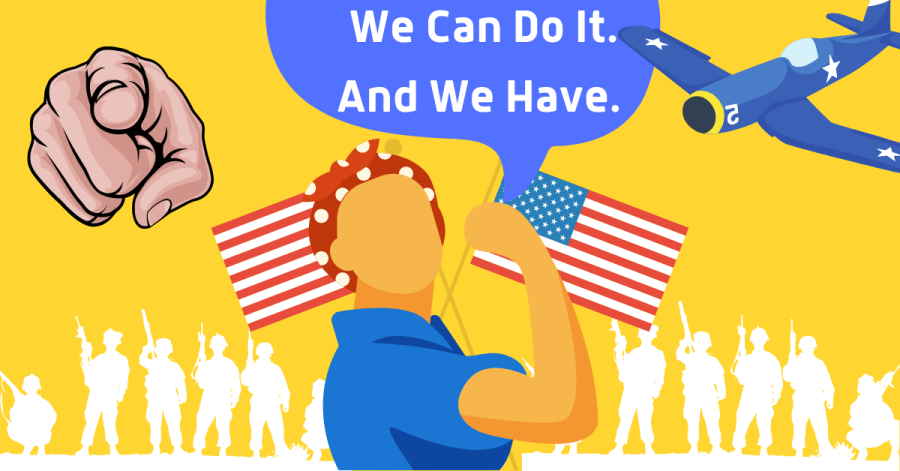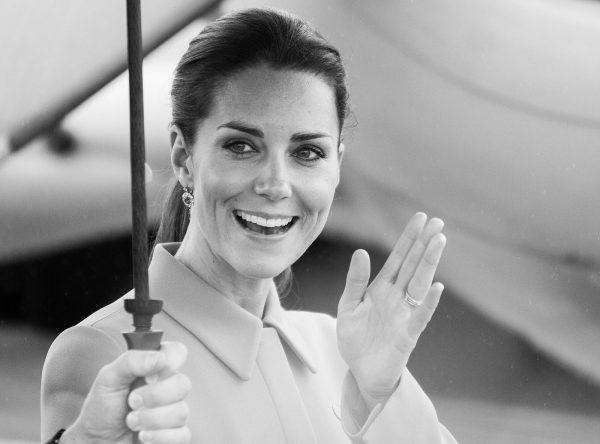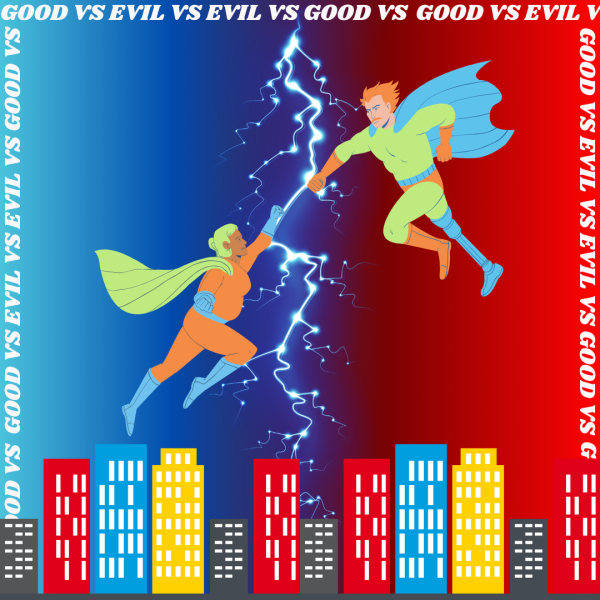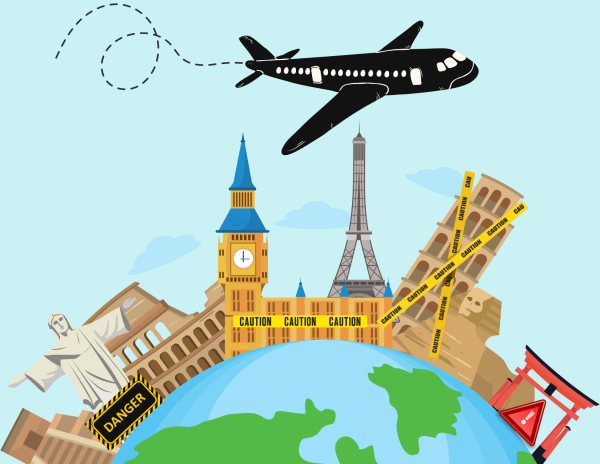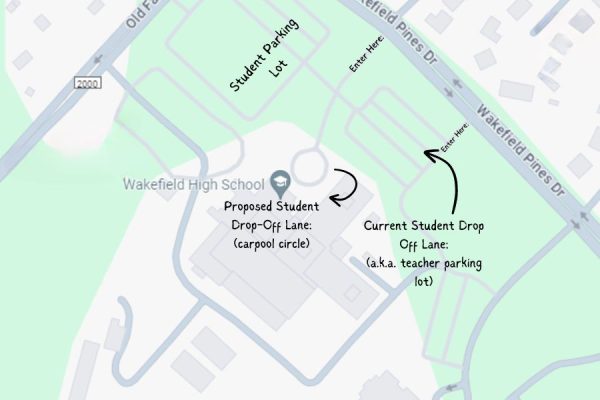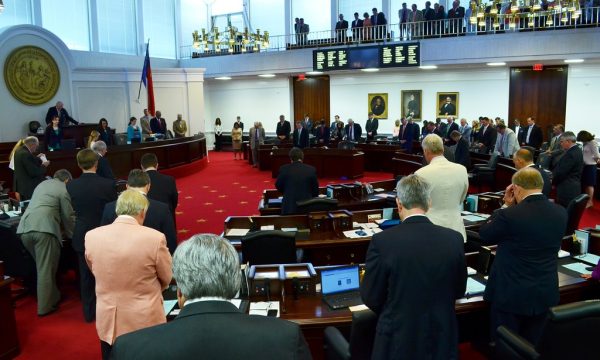Women can do it too. And they have.
Women’s work in the world wars continues to go unnoticed and unappreciated
Women’s contributions to American history have long been overshadowed, but it’s time their work is appreciated everywhere.
Both World Wars had an immense impact on the world, leaving millions without their lives and forever changing the course of history. But ultimately, the victories in these wars would not have been possible without the work of women. So what details are being left out? Specifically, ones that concern female involvement in the war effort? And how many other women-pioneered organizations and victories have been overshadowed by history and time?
Due to the cruciality of their work not being revealed for fear of enemies catching on, these women were sworn to secrecy about their endeavors. This resulted in their pioneering work not being near as appreciated as it should be. For almost a century their important work had to stay in the dark, but now is the time to honor their service and give them the immense recognition they deserve for years to come.
If the work that these women did contributes to the overall outcome of an important event, such as a world war, it deserves just as much recognition as anyone else.
In Oct. 2022, the United States Postal Service worked with Antonio Alcalá to design a postage stamp that recognizes the paramount work these women did. Alcalá has designed stamps for the postal service for years and his work is widely recognized on these stamps. This stamp design has also been deemed a Forever Stamp which means it will always be the same price as the current First-Class Mail price. While these stamps are a great way to show recognition for their work, it was still surprising this had not come around sooner.
Until these stamps, I was completely unaware these women participated in the wars to this degree. This sparks the thought about how much information about women’s involvement in the wars there is out there people are not taught. But why are they not being talked about?
Even though it used to not be considered, “normal” to have women in a specific role in society does not mean the work that they did should be any less highlighted in today’s history classes. If the work that these women did contributes to the overall outcome of an important event, such as a world war, it deserves just as much recognition as anyone else.
World War I spanned from 1914 to 1918, a time when women did not have the freedom or opportunities they have today. At the beginning of the war, there were few women workers in paid jobs, but once their participation became a vital part of the effort, over 4.7 million women were employed in Britain alone. Due to the typically male-led positions being left vacant, women were able to step forward to fill all sorts of positions, such as ammunition testers, mechanical operators, factory workers, and so many other vital roles.
This also allowed African-American women to take their first steps from domestic employment to a professional setting and those women were able to spread their culture more through the workplace, friendships, and bonds. The work they did was pivotal to the war effort but is rarely highlighted when this time in history is mentioned.
This key part of history with African-American people’s involvement is still a crucial piece to this puzzle. By actively recognizing and teaching about their involvement in historical events, the cycle of silence that often surrounds their stories is broken.
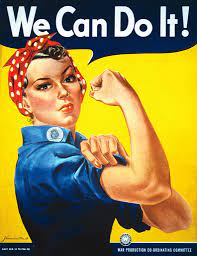
In World War II, which lasted from 1939 through 1945, some 11,000 women were involved in the war effort. Many were involved in the WAVES program, which stands for Women Accepted for Volunteer Emergency Service. Through this program, women who previously took on roles as teachers, homemakers, or even students, stepped into the role of cryptologists. They played a vital role in deciphering Japanese codes and the infamous Purple Encryption Machine; this prevented German boats from infiltrating enemy shores and sinking ships and played a significant role in cracking the Japanese encryption programs they had set up.
But their essential work did not stop there. Thousands of women were involved with the Red Cross, over six million worked in factories and over 200,000 were even able to serve in the military. Those who chose to stay home participated in certain food strikes and would make clothing to send to soldiers on the front.
The United States Food Administration was working strenuously to provide as much food to the troops, so the workers sent out pledge cards to homes for women to sign promising they would follow the new guidelines ensuring the troops were better fed and prevent shortages.
By doing this it ensured that more soldiers were better fed and warmly clothed, as their conditions in camps, trenches, and battlefields were often unkind to the human body.
This also is not to say these brave women were seamlessly transitioned into any of these positions. They all received backlash and resistance for their gender, race, age, and class. Nonetheless, these women persevered and continued to work tirelessly to provide for these men, proving female patriotic symbol Rosie the Riveter correct — “We Can Do It.”
After the wars and with millions of men returning home, these women were laid off and sent home to return to their traditional roles in the household. Although some historians claim the World Wars were not what kickstarted women’s fight for equality, there is no doubt that women contributed to their sense of capability and awareness. It is vital everyone continues to stay educated and well-rounded as history gets further behind us so it does not get swept away once more. Women can do it too, and they have, so it is time to recognize it.




